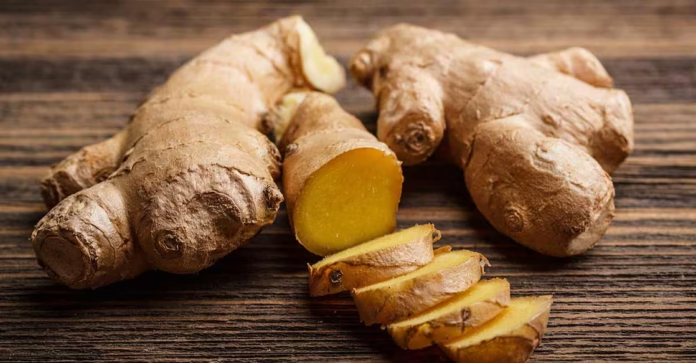Ginger is widely celebrated for its medicinal properties, with evidence supporting its anti-inflammatory, antioxidant, and cardiovascular benefits. However, claims circulating on social media that chewing ginger can save someone from a sudden cardiac arrest are not scientifically validated. Here’s a fact-checked analysis of these assertions:
What the Viral Claims Say
A widely shared video suggests that chewing ginger during a heart attack or sudden cardiac arrest can reopen blocked arteries by promoting the release of nitric oxide, leading to vasodilation. The video advises carrying ginger and encouraging its consumption at the onset of cardiac symptoms, claiming it could save lives.
What Science Says
Ginger is known for its numerous health benefits, including:
- Anti-inflammatory properties: Reduces inflammation in the body.
- Antioxidant effects: Helps combat oxidative stress.
- Anti-platelet action: May reduce blood clot formation.
- Hypotensive and hypolipidemic effects: Can help lower blood pressure and cholesterol levels.
These benefits contribute to cardiovascular health over time, potentially reducing the risk of heart disease and hypertension. However, there is no evidence that ginger can resolve an acute cardiac arrest or unblock arteries during a heart attack.
A study in the International Journal of Cardiology highlights ginger’s long-term cardiovascular benefits but does not support the claim that chewing ginger can treat sudden cardiac arrest.
Expert Opinions
Cardiologists emphasize that:
- Sudden cardiac arrest requires immediate medical intervention such as CPR or defibrillation, followed by emergency care at a hospital.
- Delaying proper treatment in favor of chewing ginger could cost a person their life.
The Verdict
The claim that chewing ginger can save a person from sudden cardiac arrest is false and misleading. While ginger offers long-term cardiovascular benefits, it is not a substitute for emergency medical care. If someone experiences a cardiac arrest, follow these steps:
- Call emergency services immediately.
- Administer CPR if trained to do so.
- Use an automated external defibrillator (AED) if available.
- Transport the patient to a hospital for professional care.
Ginger is a health-promoting food, but it cannot replace life-saving medical treatments.





